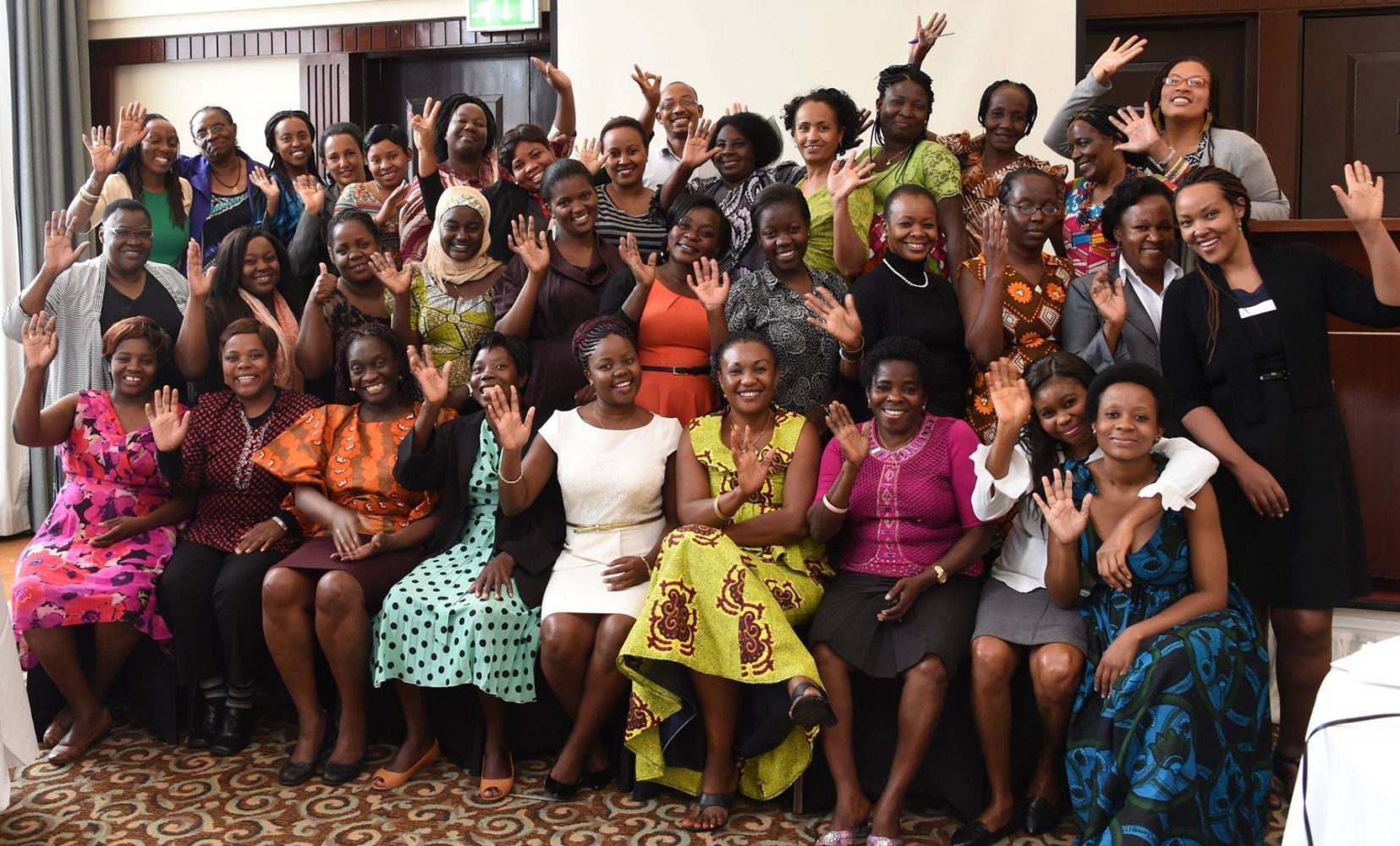Despite South Africa Being Among Top Gender Equal Countries In Africa-Women Still Remain Under-Represented

CareerJunction a firm which explores gender issues related to the workplace has released its latest gender survey.
The survey found that women are better educated than men, 59 per cent of women have diplomas compared to men 51 per cent. Despite more women are more educated, the survey found that more men (39 per cent) occupy the management and senior management positions compared to women (31 per cent).
The report comes a day when the country is commemorating National Women’s Day, women are celebrating the bold efforts by over 20,000 to raise awareness around women’s rights and present a petition against the carrying Pass Laws, a policy which controlled women’s movements.
It is on this day that women highlight the challenges they often grapple with key among them being sexual harassment and unequal pay.
Numerous surveys have confirmed that men earn way more wages compared to their female counterparts. A 2018/19 report by ILO Global, a firm which examines the evolution of real wages around the world showed that on average, women continue to be paid 28 per cent less than men.
While this seems to be the scenario, it is interesting to note that the country known to be Africa’s most industrialised country, has severally been named among the topmost gender-equal countries in Africa.
For generations, women globally have fought for equal rights, the right to equality in the workplace, the right to equally have access to education. The battles have been intense but often, the victories have been under threat.
Beverley Hancock, the head of Appoint at human resource company Sirdar weighed in on the topic and gave her insights on the matter. “There is an increasing awareness of the power of a gender-diverse team. We have seen a marked increase in opportunities for women in non-executive director roles but there remains a long way to go as women remain under-represented at the executive level.”
Hancock also mentioned that a survey done earlier showed that 72.1 per cent of boards surveyed had at least one woman while 21.8 per cent of the total number of directors of the boards surveyed were women.
“Certainly not all company and board cultures are proactive in their approach to driving gender diversity and in understanding the benefits and value from having a diverse team or board.”
A PWC report has also revealed that 96.6 per cent of all CEOs on the JSE-listed companies are male, 87.2 per cent of CFOs are male, and 91 per cent of executive directors are male, this confirms the gross misrepresentation in South Africa’s corporate sector.
Anastacia Tshesane, Diversity & Inclusion Leader for PwC Southern Africa, said, “Women’s month serves as a reminder of the urgency for closing gender imbalances in the workplace throughout South Africa. Achieving gender parity throughout the workplace is one of the most critical challenges that business leaders face today. The quality of women’s talent and leadership is very important to business the skills and experience that they bring, including that gained outside of the workplace, has proven to be essential in strategic decision-making and in ethical, sustainable enterprise.”
Anelisa Keke, Senior Manager of PwC’s People and Organisation division highlighted the need to have a “diverse representation in boardrooms throughout corporate South Africa.” Adding that the process of closing the gender pay gap has been slow.
The World Economic Forum (WEF) propose that projecting current trends into the future, the overall global gender gap will close in 108 years.
Based on how things seem at the moment, South Africa has a long way to go to attain gender equality. As for now, the whole concept will remain just a dream.
Featured Image Courtesy: AWDF